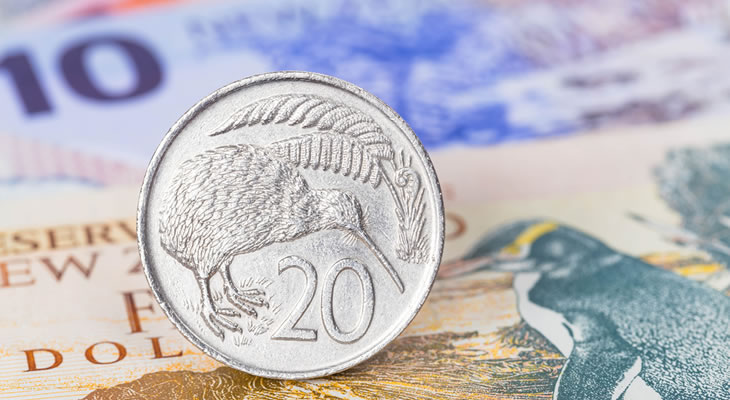Fears Over Dairy Price Falls Leaves the Pound Sterling New Zealand Dollar (GBP/NZD) Exchange Rate Muted
The Pound Sterling New Zealand Dollar (GBP/NZD) exchange rate remained largely flat this morning. This left the pairing trading at around NZ$2.0625,
The ‘Kiwi’ remained under pressure on Wednesday after markets could not be calmed following a historic plunge in oil prices.
Lower risk appetite continued to send traders flocking away from the riskier Pound and NZD, and towards the safe-haven US Dollar (USD).
Meanwhile, domestic NZD traders continued to focus on the oil price crash and the impact of the local economy.
Traders fretted over the prices of other commodities including New Zealand’s key dairy exports.
At the last Global Dairy Trade event two weeks ago prices slumped -4.2% overnight, leaving the GDT Price Index where it started in 2019.
Analysts have noted that further falls in dairy prices are likely, and NZX senior dairy analyst Amy Castleton stated that while dairy prices have been holding up better than the prices of other commodities:
‘I’m expecting prices will keep coming down for most of the rest of the year.’
Pound (GBP) Flat as British Shoppers Grow Cautious
Sterling fell against the New Zealand Dollar on Wednesday after data showed that the country’s inflation rate fell in March. Inflation was dragged lower as oil prices plummeted and the coronavirus pandemic escalated.
Official data from the UK showed there was a fall in the prices of clothing and footwear, highlighting that British shoppers were becoming more cautious.
Analysts expect that last month’s fall in inflation to 1.5% from February’s 1.7% will be the start of a sharp slump in inflation.
The Office for National Statistics (ONS) showed the largest drag on the Consumer Price Index (CPI) was clothing and footwear prices.
In a statement the ONS wrote:
‘Prices usually rise between February and March, and this year’s fall is the first since 2015 and only the second since the start of the constructed (inflation) series in 1988.’
Sterling also suffered losses as March’s inflation was far below the Bank of England’s (BoE) 2% target.
Added to this, on Monday, Deputy Governor, Ben Broadbent said inflation was likely to fall below 1% in the coming months.
Commenting on this, Capital Economics’ UK economist, Andrew Wishart said:
‘The disinflationary pressure of weak demand in the aftermath of the coronavirus recession due to the fall in employment and consumers remaining cautious will add to the downward influence from very low energy prices.’
Pound New Zealand Dollar Outlook: Will British Business Optimism Plummet?
The Pound (GBP) is likely to suffer losses against the New Zealand Dollar (NZD) on Thursday following the release of British PMI data.
If April’s flash PMI data reveals that growth in both the manufacturing and the closely-watched services sectors contracts rapidly, Sterling will fall.
Meanwhile, GBP could also be dragged lower following the release of the CBI Business Optimism Index.
If business optimism plummets in the second quarter of this year, the Pound New Zealand Dollar (GBP/NZD) exchange rate will plummet.


Comments are closed.